Our South Africa, Our Future
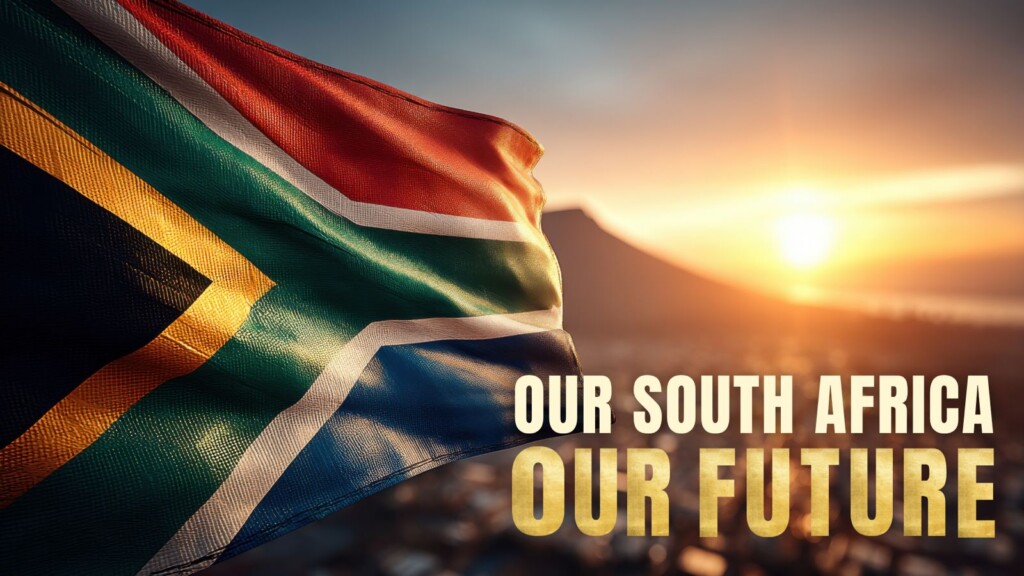
South Africa’s democracy began with a sentence that changed everything: “We, the people.” It was more than the birth of a nation — it was a promise of ownership. Yet nearly thirty years later, too many still stand outside the gates of the very economy they sustain. The question before us is not whether freedom was achieved, but whether ownership followed.
This question sits at the heart of the Black Management Forum’s 2025 Policy Conference. Nearly fifty years since our founding, we remain steadfast in our mission to advance socio-economic transformation through Black managerial leadership — turning the promise of ownership from aspiration into institutional reality, and ensuring that South Africa’s democracy is not only constitutional, but economic. Approaching our 50th anniversary in 2026, we reflect on both a proud legacy and the unfinished work of transformation. The BMF is the second-oldest Black business organisation in South Africa, after NAFCOC.
The BMF, as the mother of black professional bodies, gave birth to BLA, ABASA, and ABSIP, amongst others. This expansion of growth was an affirmation that the width and breath of business and the economy also belonged to us, and we too belonged to her. The clarion call during the early days of black business mobilization was to unite and build a business community that reflects our values and aspirations. South Africa too belonged to us, and we belonged to her.
The theme of the BMF policy conference this year causes one to pause, reflect, recount, reclaim, repurpose, redirect, and realign us with ourselves. “Our South Africa, Our Future-from inequality to equity, ownership, control and market access”.
“Our” as the prefix yet authoritative word that gives South Africa its meaning and its ambition. “Our” locates the people and their demands for a country that speaks to their wishes, dreams and basic needs. “Our” is our bold statement that we are a people that strive for oneness, strive for equity, advancement and dignity. “Our” captures our soul and its yearning for being and recognition. “Our” is deeply rooted in its context, and does not shy away from matters of equity, justice, and fairness. What is equity then? It is justice in public, and what is fairness then? It is justice in private, but what is justice? It is both the mindset and process that creates and recreates what is right. Then what is right? Rightness is the true state of treating every citizen with dignity and respect, upholding the highest ideals of humanity, for the sake of humanness.
“Our” is the courage we need to confront the maladies that have taken root in our transformation process. “Our” captures the role we play in the processes that have given rise to black presence in the economy, yet “our” recognizes that economic power remains in the hands of a few. “Our” refocuses our lenses that without a clear path towards socio-economic transformation in South Africa, the country does not belong to all.
South Africa by itself remains a geographic location, at the lower tip of the continent yet strategically positioned from an economic point view. South Africa without “Our” remains an unjust location, viewing people as tools and pawns for selfish gain and exploitation. Without the “Our” we have no soul, no identity, and no future. A story is told of a visionary architect who, in his pursuit of achieving excellence in his building of a cathedral, understood the deeply held principles of leadership and continuity.
The building of the sagrada familia is a profound story that we gleaned from to understand ourselves today. In the same breath, South Africa ought to be viewed as a cathedral worth building, and in many instances, rebuilding. The greatest challenge for an architect is to rebuild what was once there, which is fundamentally harder than building a new structure for the first time.
The architect of the sagrada familia was also driven by a concept called “buying time”. He was often asked the same question as to whether or not he would complete the structure. His standard response was firmly, “my client is not in a rush”. This powerful response introduces us to a leadership perspective called cathedral mindedness. This man died without seeing the final completion of the cathedral but lived in hope that this project will be completed by those that follow and understand its purpose. Till today, this building remains a work in progress; they keep “finishing” it without “finishing” it. We must assert that we have begun to see a shift in mindsets where leaders break down and rebuild something else. We have lacked continuity of ideas and direction, always starting from scratch, and sometimes we confuse people with sophisticated views and long documents.
We need a cathedral mindset-generational thinking, we need to travel back to “our” core as a people and rebuild South Africa’s cathedral. We cannot do this without leadership, we cannot do this without clarity, we cannot do it without “our”. The future beckons us; the future is both present and active, and decisions we make today create tomorrow.
As we gather under the banner of “Our South Africa, Our Future,” let this conference be remembered not as another discussion, but as a moment of redirection. We must move from rhetoric to resolve, from aspiration to architecture. The promise of ownership must now be translated into practice — ownership that empowers, equity that endures, and justice that is measurable. Let every builder of this nation bring their brick — not as a gesture of hope, but as an act of purpose.
For the cathedral we are building is not made of stone, but of people: of leaders, thinkers, and dreamers who refuse to start over each generation. This is our mandate — to complete what was begun, to build what will outlast us, and to ensure that when history looks back, it can truly say: We, the people, built this.
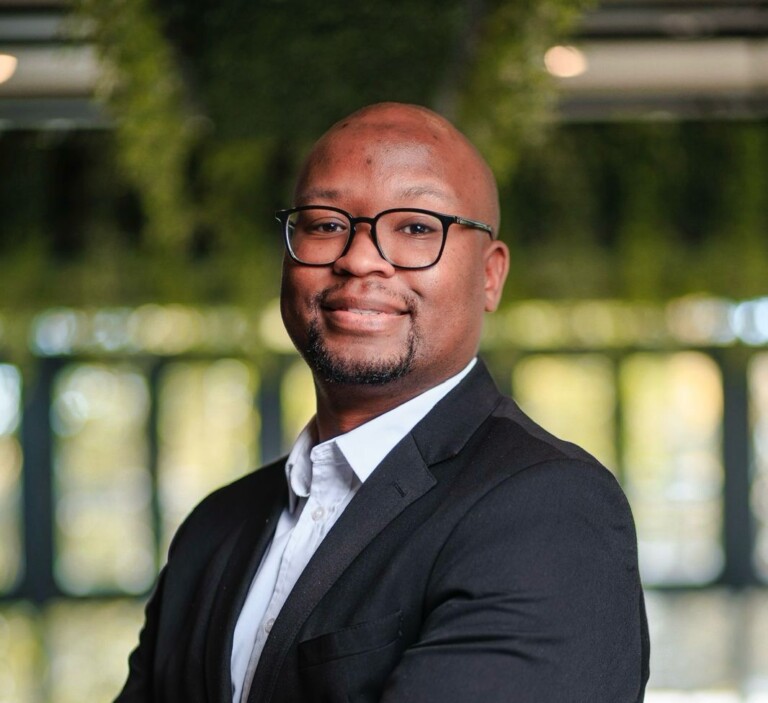
About the Author
Monde Ndlovu is the Managing Director of the BMF, where he leads strategic initiatives that advance leadership excellence, transformation, and socio-economic development.
He holds a Master of Business Administration (MBA) and a Postgraduate Diploma in Business Administration and Management from Henley Business School, as well as a Bachelor of Business Administration from UNISA.
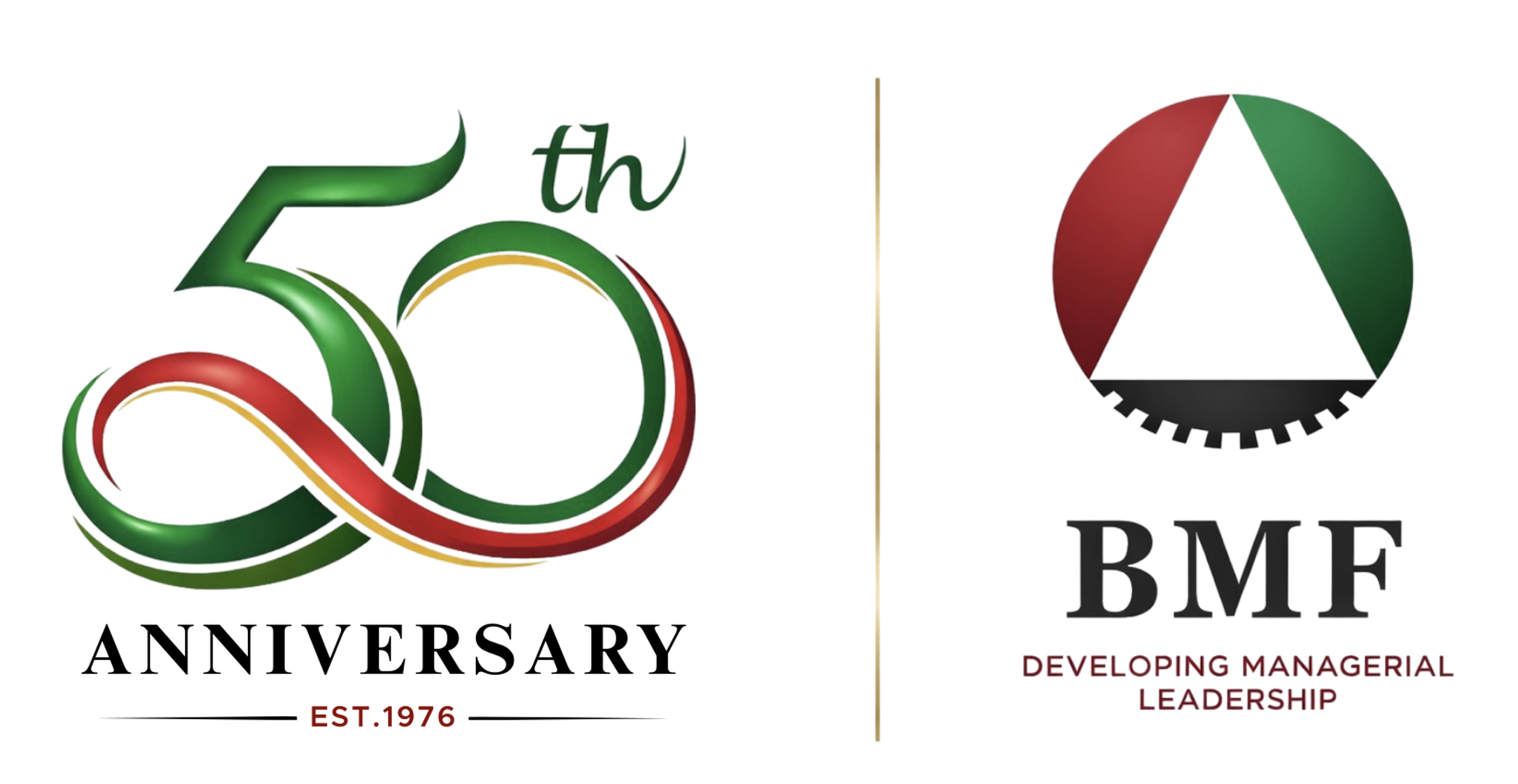
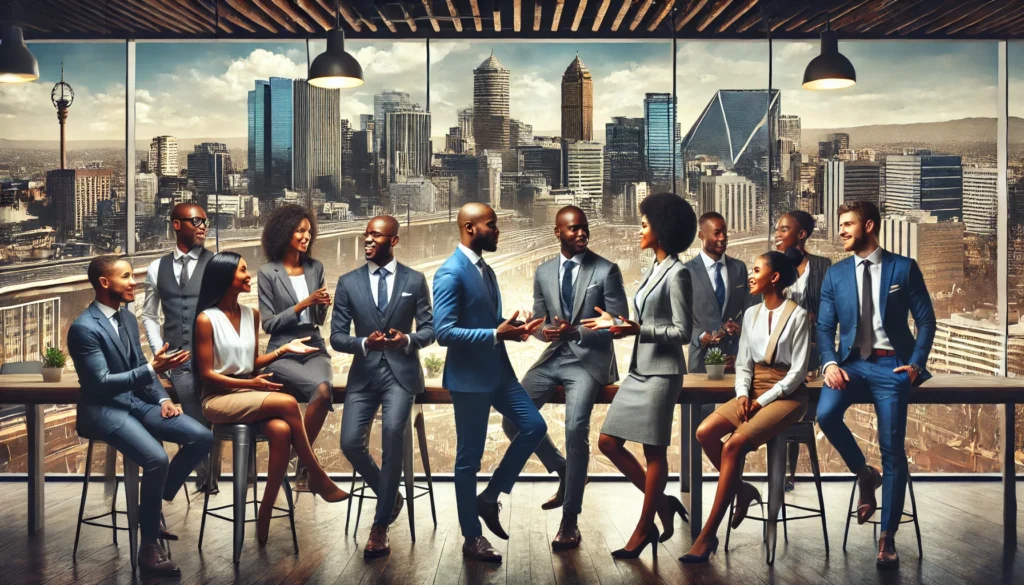
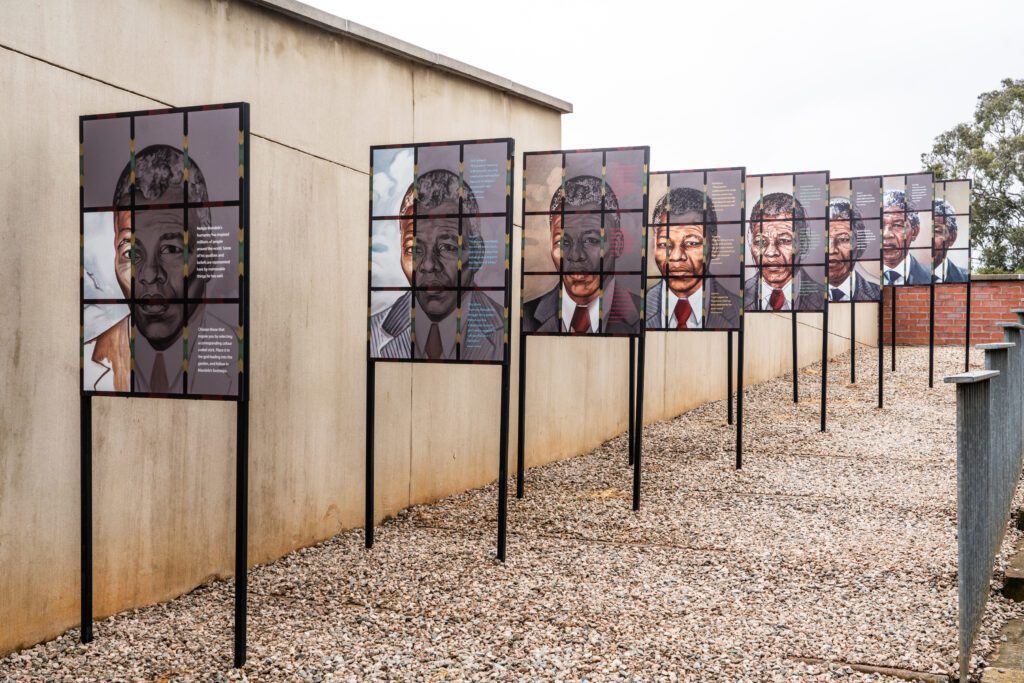
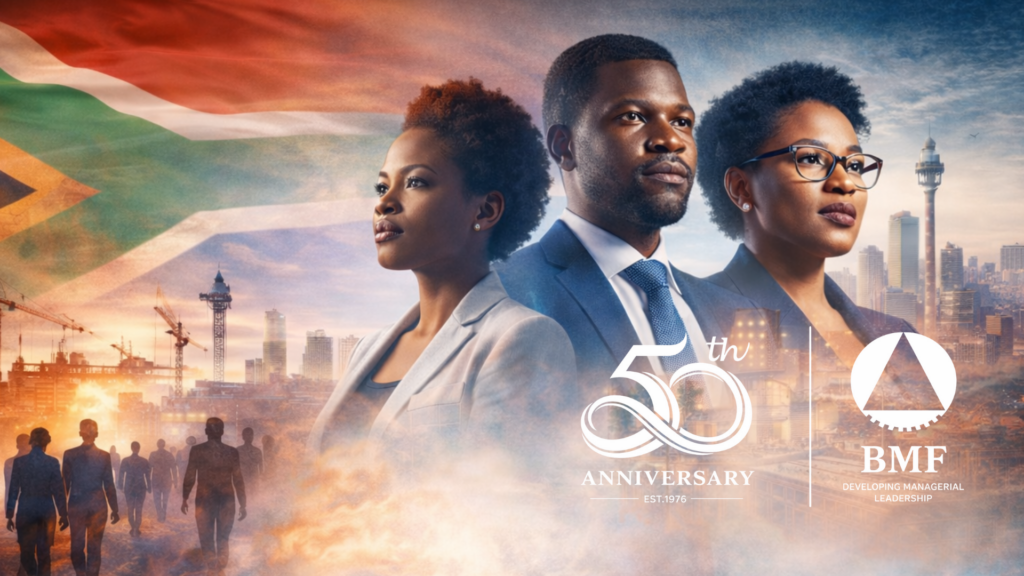
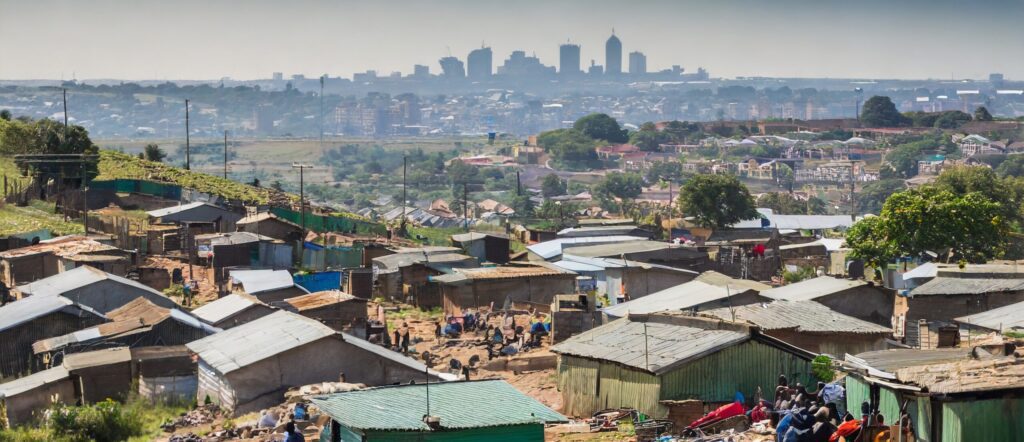
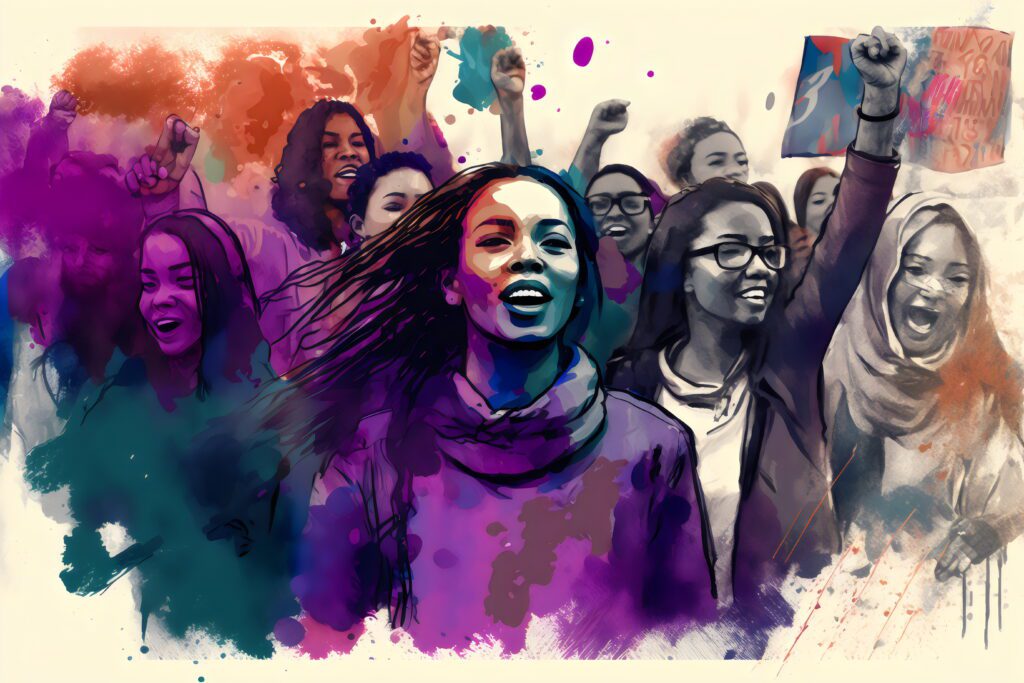
Responses